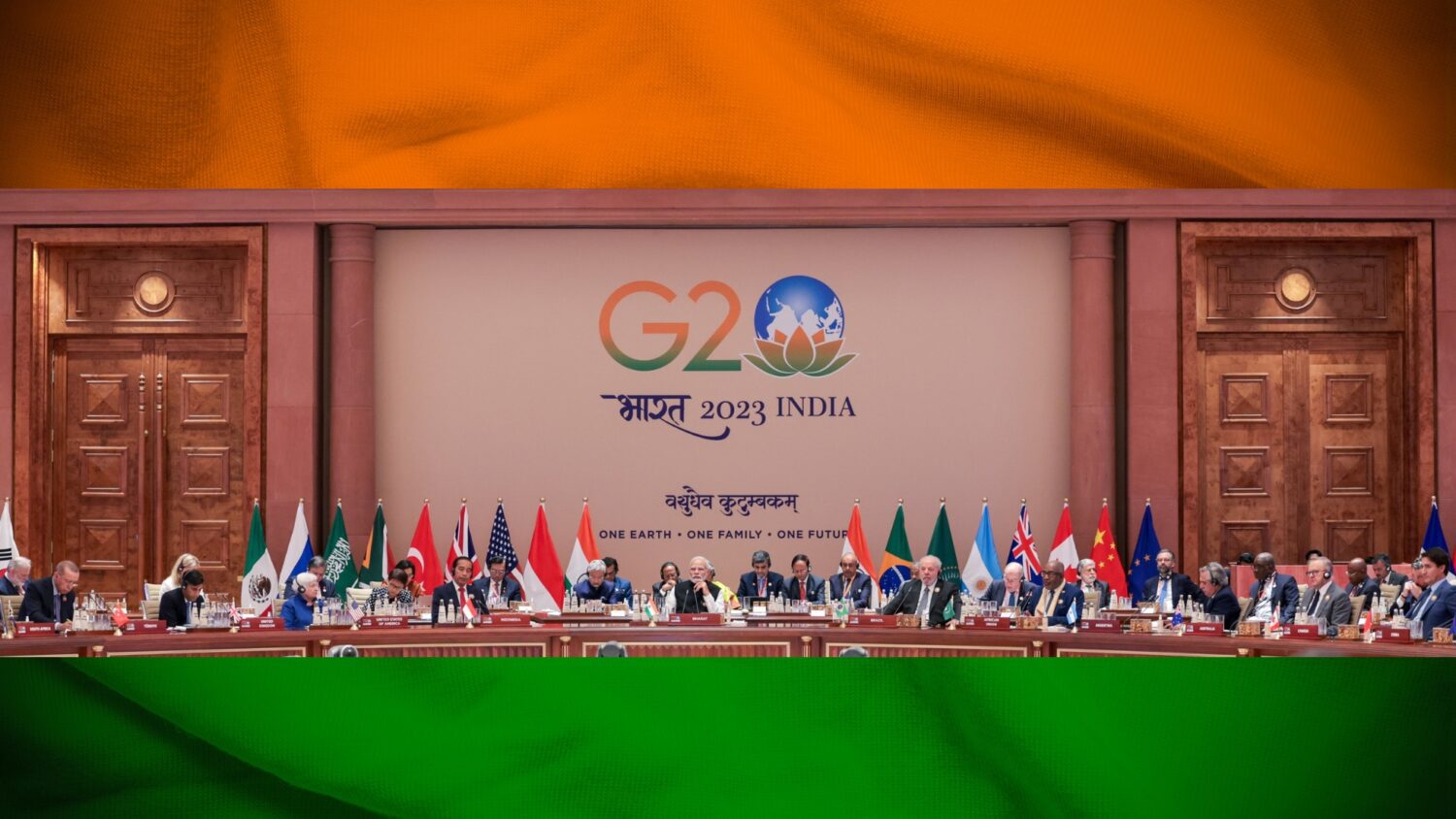Electric cars, solar panels and smartphones – all of them contain critical raw materials. They are the lifeblood of our modern societies.
The Industry Committee adopted measures to boost the supply of strategic raw materials, crucial to secure the EU’s transition towards a sustainable, digital and sovereign future.
The Critical Raw Materials Act, recently adopted with a strong majority, aims to allow Europe to accelerate towards European sovereignty and competitiveness, with an ambitious change of course. The report as adopted today will cut red tape, promote innovation along the entire value chain, support SMEs and boost research and development of alternative materials and more environmentally-friendly mining as well as production methods.
Strategic Partnerships
The report highlights the importance of securing strategic partnerships between the EU and third countries on critical raw materials, in order to diversify the EU’s supply – on an equal footing, with benefits for all sides. It paves the way for long-term partnerships with knowledge- and technology-transfer, training and upskilling for new jobs with better working and income conditions, as well as extraction and processing on the best ecological standards in our partner countries.
MEPs also push for a stronger focus on research and innovation concerning substitute materials and production processes that could replace raw materials in strategic technologies. It sets circularity targets to foster the extraction of more strategic raw materials from waste. MEPs also insist on the need to cut red tape for companies and especially small and medium-sized enterprises (SMEs).
Quote
Lead MEP Nicola Beer (Renew, DE) said: “With a strong majority, the Industry Committee sends a strong signal ahead of the trilogue. The agreed report provides a clear blueprint for European security of supply, with a research and innovation boost along the entire value chain.”
“Instead of having far too many ideology-driven subsidies, it relies on fast and simple approval processes and reducing red tape. In response to geopolitical upheavals, it creates the preconditions to offer targeted economic incentives to private investors in the context of production and recycling in Europe. At the same time, it builds on the expansion of strategic partnerships with third countries. The foundation for Europe’s course towards open, economic and geopolitical sovereignty has been laid”, she added.
Next steps
The draft legislation was adopted in the committee with 53 votes to 1, with 5 abstentions. It will be put to a vote by the full House during the 11-14 September plenary session in Strasbourg.
Background
For now, the EU is dependent on certain raw materials. Critical raw materials are pivotal for the EU’s green and digital transitions, and securing their supply is crucial for the European Union’s economic resilience, technological leadership, and strategic autonomy. Since the Russian war on Ukraine and an increasingly aggressive Chinese trade and industrial policy, cobalt, lithium and other raw materials have also become a geopolitical factor.
With the global shift towards renewable energies and the digitization of our economies and societies, the demand for some of these strategic raw materials is expected to rapidly increase in the coming decades.
A report by the International Energy Agency (IEA) published in May 2021 alerts governments to the explosion in global demand for critical raw materials in the energy sector caused by the decarbonization of economies: this demand could be multiplied by 4 if the world complies with the commitments of the Paris Agreement. Most of this growth will come from the needs of electric vehicles and their batteries, followed by power grids, solar panels and wind power. Lithium requirements could increase 42-fold by 2040, graphite 25-fold, cobalt 21-fold and nickel 19-fold. Yet these materials are concentrated in a handful of countries: three states extract 50% of the world's copper: Chile, Peru and China; 60% of cobalt comes from the Democratic Republic of Congo; China extracts 60% of the world's rare earths and controls over 80% of their refining. According to the IEA, governments need to build up strategic reserves to avoid supply disruptions.














